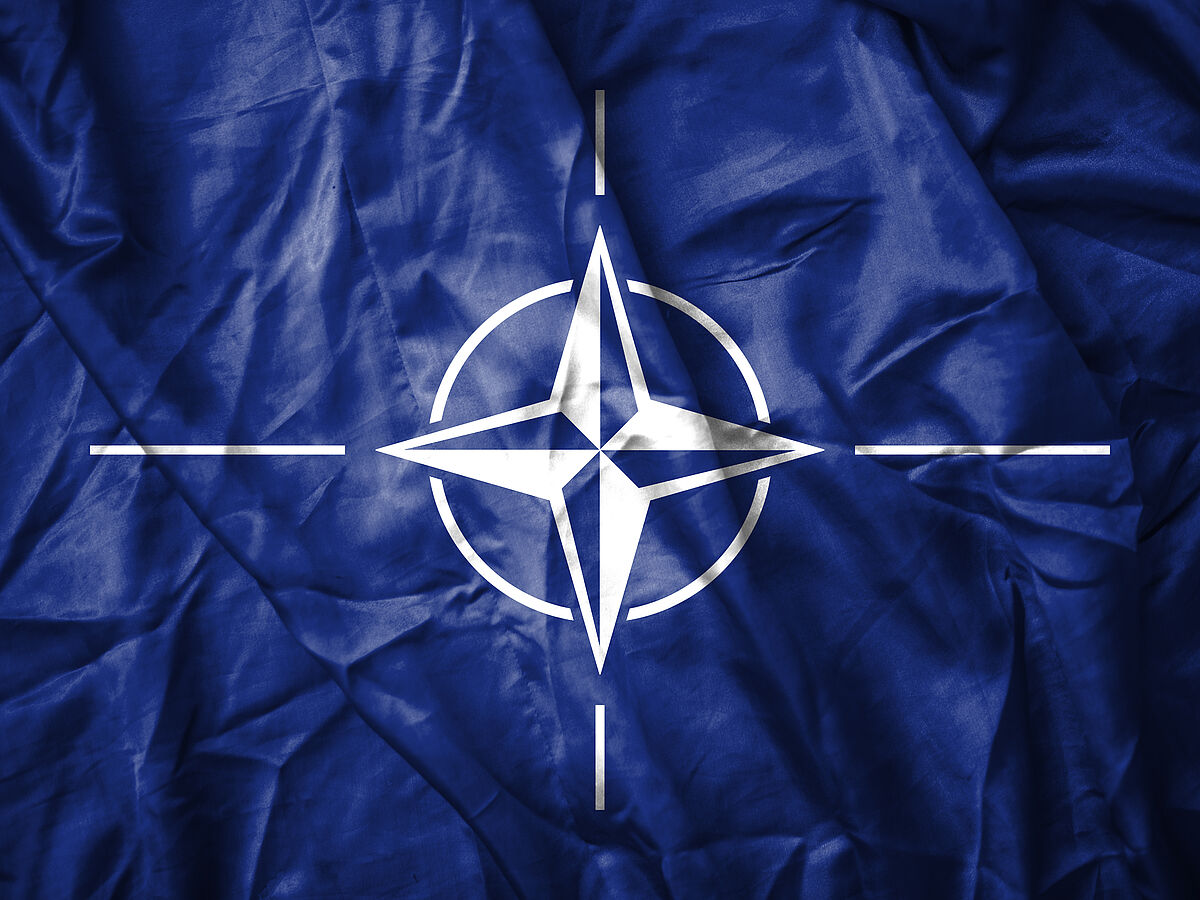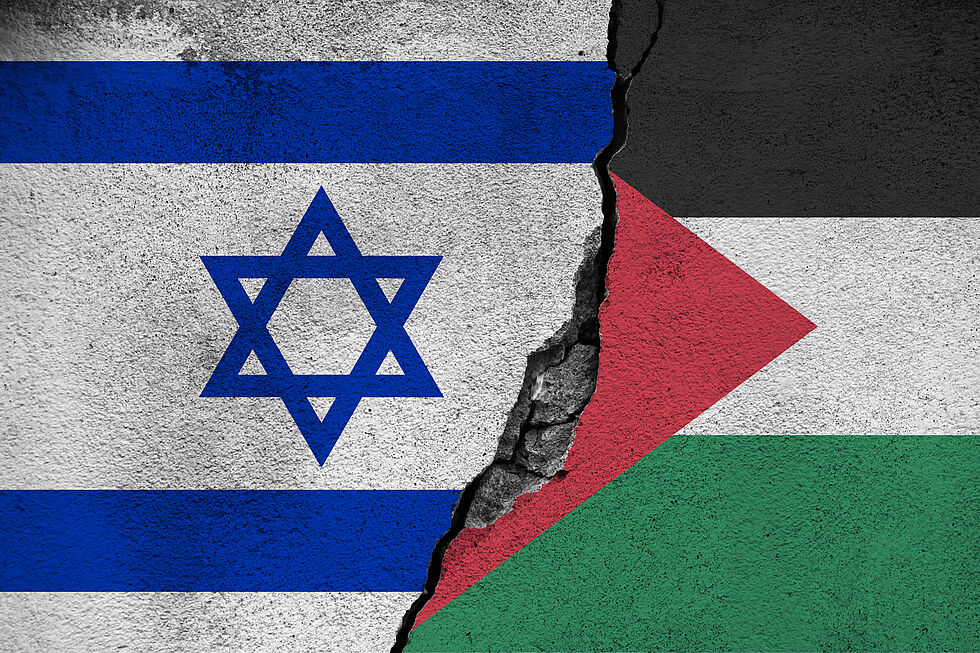Three things NATO must do to reinvent itself

On 4 April 1949, representatives from Belgium, Denmark, France, Iceland, Italy, Canada, Luxembourg, the Netherlands, Norway, Portugal, the United States, and the United Kingdom signed the North Atlantic Treaty thus founding the North Atlantic Treaty Organization (NATO).
Today, NATO has thirty members, including ten countries that used to be members of the Warsaw Pact or were part of the Soviet Union and continues to grow. Its thirtieth member, the Republic of North Macedonia, joined just this year. Currently, NATO is engaged in missions in Afghanistan, Iraq, Kosovo, in the Mediterranean, and in support of the African Union in Somalia. In addition, the alliance conducts regular air patrols to defend NATO’s eastern flank. In the context of its shared nuclear defense doctrine, the United States military has stationed around 180 nuclear warheads in four European NATO countries and in Turkey. Only once in its seventy-one-year history, in the aftermath of the terror attacks of September 11, 2001, has the alliance needed to invoke the mutual defense obligation. For those reasons it hardly seems exaggerated to call NATO the most successful military alliance in history.
Nevertheless, the celebration of the alliance’s seventy years of existence, held in London last year, was more than subdued: Brexit was still incomplete, and NATO was so disunited that the organizers tried hard to keep exchanges of opinion to a minimum.
There are indeed quite a few causes of friction. There is Turkey, which has proven to be a difficult ally given the fragility of democracy and freedom of the press in the country. However, a more urgent problem for NATO is of a military nature. In Syria, the Turkish military is acting in a way that is unsuitable for a NATO member and the country has decided to purchase the Russian ground-to-air missile system known as S-400. Critics fear that, as a result of the sale, Russia might obtain critical information that could undermine both NATO’s air defenses and their interoperability.
New threats
Yet Turkey’s behaviour is just one of the problems that the NATO alliance is struggling to resolve right now, and it is not even the most existential one. In London it was US President Donald Trump who surprisingly defended NATO against Emmanuel Macron after the French head of state pronounced the alliance “brain-dead” in an interview with the magazine The Economist. Trump called these statements “insulting”—an astonishing reaction: On previous occasions he had declared NATO “obsolete” and “as bad as [the free trade agreement] NAFTA.” According to the New York Times, Trump had even considered taking the USA out of the alliance.
There it is: the existential threat. If the USA leaves, NATO is finished. Although it may be an organization with thirty members, let’s not deceive ourselves: militarily, this is a “The USA plus all the others” club. As Macron put it in his interview with The Economist, “NATO only works when the guarantor of last resort functions as such. I would say that we should re-evaluate NATO’s reality in light of the engagement of the United States.”
The NATO reality that Macron is addressing consists in growing doubt about America’s willingness to come to the aid of other members in case they come under armed attack. Much of this has to do with Donald Trump. Nevertheless, Europe should by no means think that it can just wait out this US president. In international politics it is interests that matter: Geopolitically, the USA is focusing increasingly on China. It is not yet clear how American policy will change in reaction to the corona pandemic. But it is conceivable that isolationist tendencies will intensify.
The way forward
If Europe wants to ensure the security of its citizens in the coming decades, the first thing it must do is to make an effort to keep the Americans in NATO. Second, at the European level and in the long run, Europe must improve its capabilities and processes in a way that it would get along even without the United States playing such a dominant role.
Germany and Europe must make a clear commitment to NATO. The defense budgets of European NATO countries have been increasing since 2014, yet at least 19 countries have fallen short of the aspirational 2 % of GDP target, including Germany.
Third, efforts must be redoubled to expand defense and cooperation capabilities at the European level. Important steps have already been taken: Even within the EU there is a mutual assistance clause that resembles Article 5 of the North Atlantic Treaty. In Article 42.7 of the Lisbon Treaty, the members of the EU have reassured each other that, in case of an armed attack, they can rely on receiving “all of the assistance and support in their [allies’] power.” Of course, real military capabilities must be available if such assistance is going to be effective.
NATO will have to change in order to keep going. But in the past, it has been good at doing just that. We Europeans must begin to expand our defense capabilities for two reasons: to improve the allocation of burdens within NATO and be better prepared in case the alliance comes to an end and Europe must guarantee its security all by itself.
About the author
Ulrike Franke is a policy fellow at the European Council on Foreign Relations (ECFR), focusing on German and European security and defense, the future of warfare, and the impact of new technologies such as drones and artificial intelligence.
This article is a shortened version of Ulrike Franke's contribution to the International Quarterly Edition of Neue Gesellschaft | Frankfurter Hefte. To read the full article visit their website or contact ng-fh(at)fes.de to order your copy.
About FES Connect
Connecting people, in the spirit of social democracy, we source and share content in English from the German and international network of the Friedrich-Ebert-Stiftung.







